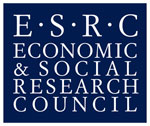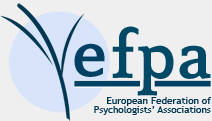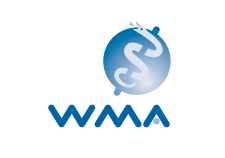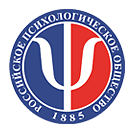The World Commission on the Ethics of Scientific Knowledge and Technology COMEST
The Commission is composed of eighteen leading scholars from scientific, legal, philosophical, cultural and political disciplines from various regions of the world, appointed by the UNESCO Director-General in their individual capacity, along with eleven ex officio members representing UNESCO’s international science programmes and global science communities.
The Commission is mandated to formulate ethical principles that could provide decision-makers with criteria that extend beyond purely economic considerations.
COMEST works in several areas: environmental ethics, with reference inter alia to climate change, biodiversity, water and disaster prevention; the ethics of nanotechnologies along with related new and emerging issues in converging technologies; ethical issues relating to the technologies of the information society; science ethics; and gender issues in ethics of science and technology.
International Bioethics Committee (IBC) UNESCO
The International Bioethics Committee (IBC) is a body of 36 independent experts that follows progress in the life sciences and its applications in order to ensure respect for human dignity and freedom. It was created in 1993. The IBC provides the only global forum for reflection in bioethics.
The Strategic Initiative for Developing Capacity in Ethical Review (SIDCER)
The Strategic Initiative for Developing Capacity in Ethical Review (SIDCER) is a network of independently established regional fora for ethical review committees, health researchers and invited partner organizations. The primary objective of SIDCER is to contribute to human subject protections globally by developing local capacity for ethical review of research involving human subjects and for developing policies on the ethics of health research.
Committee on Bioethics (DH-BIO)
On 1 January 2012, following the reorganisation of intergovernmental bodies at the Council of Europe, the Committee on Bioethics (DH-BIO) took over the responsibilities of the Steering Committee on Bioethics (CDBI) for the tasks assigned by the Convention on Human Rights and Biomedicine as well as for the intergovernmental work on the protection of human rights in the field of biomedicine. This reorganisation also resulted in creating a closer link between the DH-BIO and the Steering Committee on Human Rights (CDDH).
The International Science Council (ISC)
The International Science Council (ISC) is a non-governmental organization with a unique global membership that brings together 40 international scientific Unions and Associations and over 140 national and regional scientific organizations including Academies and Research Councils. The ISC was created in 2018 as the result of a merger between the International Council for Science (ICSU) and the International Social Science Council (ISSC).
It is the only international non-governmental organization bringing together the natural and social sciences and the largest global science organization of its type.
APA Committee on Animal Research and Ethics (CARE)
The charge of the Committee on Animal Research and Ethics is:
To safeguard responsible research with animals, other than humans, and to establish and maintain cooperative relations with organizations sharing common interests.
To disseminate in cooperation with other organizations accurate information about such research.
To review the ethics of such research and recommend guidelines for its ethical conduct.
To disseminate in cooperation with other organizations, guidelines for the protecting the welfare of animals, other than humans, that are used in research, teaching and practical applications and to consult on the implementation of these guidelines.
The committee consists of six members.
The American Association for Laboratory Animal Science (AALAS) is a membership association of professionals employed around the world in academia, government, and private industry who are dedicated to the humane care and treatment of laboratory animals, as well as the quality research that leads to scientific gains that benefit people and animals. AALAS provides educational materials to laboratory animal care professionals and researchers, administers certification programs for laboratory animal technicians and managers, publishes scholarly journals, supports laboratory animal science research, and serves as the premier forum for the exchange of information and expertise in the care and use of laboratory animals.
The European Advisory Committee on Health Research (EACHR)
To promote and strengthen the use of research evidence for public health decision-making and to inform policies for the development of health research in the Region, WHO/Europe launched the European Advisory Committee on Health Research (EACHR) in 2011.
The EACHR reports directly to the WHO Regional Director for Europe. Its functions are to advise on the formulation of policies for the development of health research; review the scientific basis of selected regional programmes; co-ordinate health research internationally across the Region’s Member States, advise on new findings on priority public health issues and evidence-based strategies to address them; and facilitate the exchange of information on research agendas in the Region and address evidence gaps in priority areas. The EACHR is the regional equivalent of the WHO Global Advisory Committee on Health Research (ACHR), which was established in 1959 by the Twelfth World Health Assembly.













